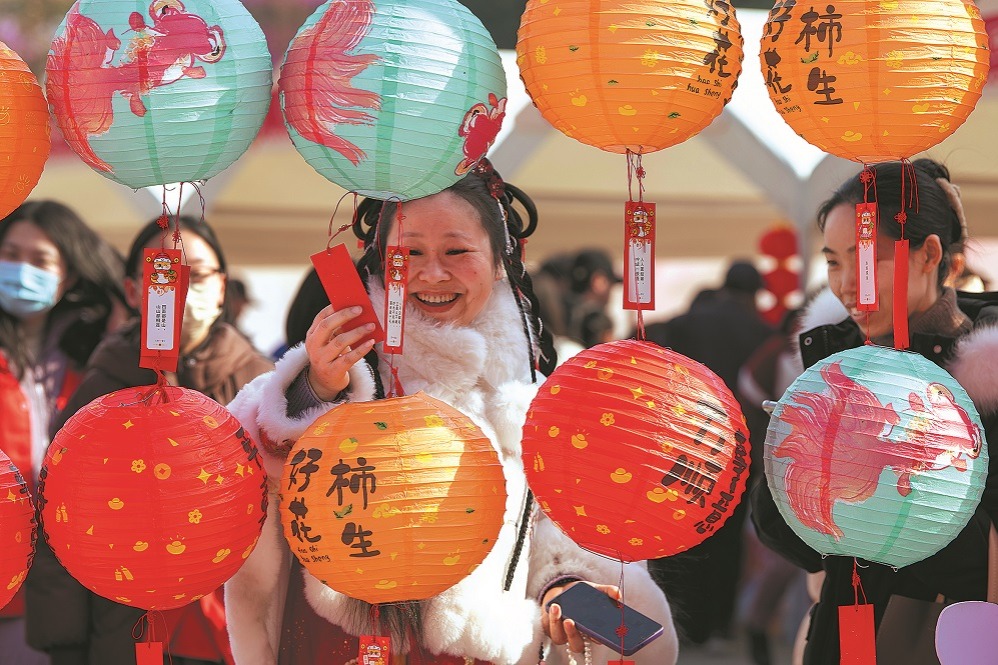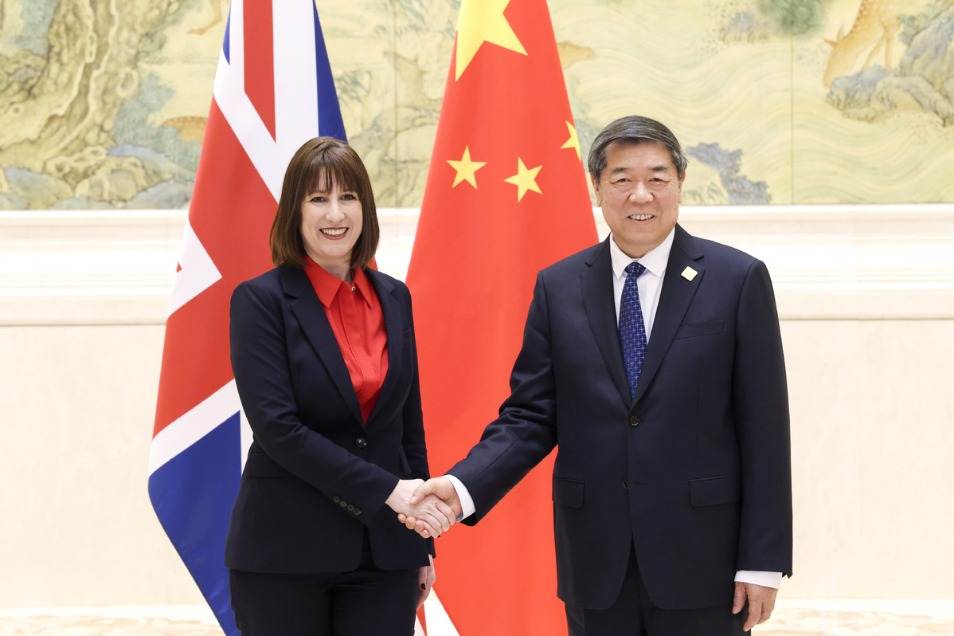Lithuania and Australia barking up wrong tree: China Daily editorial


Lithuanian Foreign Minister Gabrielius Landsbergis, who is now visiting Canberra, has put what he believes are China's "coercive trade practices" against his country at the top of his agenda.
At a joint news conference with his Australian counterpart Marise Payne following a bilateral meeting on Wednesday, Landsbergis and Payne accused China of using trade as a weapon, and urged "like-minded countries" to rally together to maintain the international rules-based order and free and open trade.
These are exactly what China consistently advocates for. It is the "economic coercion" of the United States to serve its political ends that is the root cause of the trouble, as its protectionism and distorting of supply chains in a bid to pressure China have prompted countries such as Lithuania and Australia to see what fruit they can shake from the tree of that campaign.
Geographically far apart, China had no grievances with Lithuania, until the latter allowed Taiwan to open a trade office in its capital Vilnius last year using the name "Taiwan" rather than the conventional "Taipei", a move that Beijing considers provocative as it violates the internationally recognized one-China principle. Since then, bilateral relations have plummeted to their lowest point, with ripple effects spreading to other fields that include trade and economic cooperation.
Highlighting which country is the disrupter of the rules-based international order, just days ago, an arbitrator of the World Trade Organization ruled that China can impose retaliatory tariffs on imports from the United States totaling up to $645 million a year after the US levied unfair duties on some Chinese goods such as thermal paper, solar panels and wind towers.
Lithuania should understand that pointing an accusing finger at China using "baseless" claims will not in any way help solve their trade dispute, while trying to get other nations to form an "exclusive club" against China will only push the ruptured ties to an even lower point.
The Lithuanian public has little enthusiasm for Vilnius' anti-China moves. A recent opinion poll found that only 13 percent felt positively about their government's China policy, while 21 percent were negative and 37 percent very negative. This should provide enough reason for Vilnius to think twice before taking any more disruptive steps that will further damage its ties with Beijing.


































